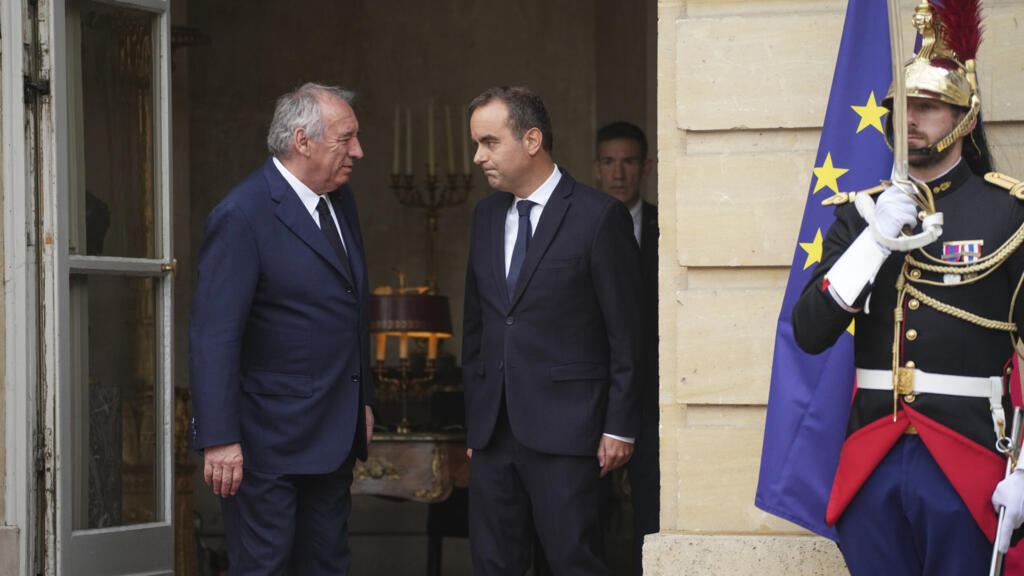
France’s new prime minister, Sébastien Lecornu, has announced that former prime ministers will no longer receive lifetime perks. It follows his decision to scrap a proposal to cut two public holidays – moves seen as intended to placate an increasingly irate population, as he attempts to form a government in a divided political landscape.
As of 1 January, 2026, France's former prime ministers will no longer receive the lifetime perks they used to enjoy, including chauffeur service.
Police protection will only be granted to former prime ministers and interior ministers for a limited amount of time, with renewal based on actual risk.
“It is inconceivable that former ministers should enjoy lifetime benefits for what is, in essence, a temporary role,” Lecornu posted on X (formerly Twitter) on Monday, announcing the official change.
Lecornu has been tasked with forming a government after former Prime Minister François Bayrou lost a confidence vote over his proposed budget, which included wide-ranging cuts to attempt to reduce France’s deficit by €44 billion.
France's debt: how did we get here, and how dangerous is it?
These perks cost the state €1.58 million in 2024, and police protection €2.8 million per year, according to a 2019 parliamentary report.
“We cannot ask the French people to make sacrifices if those at the top of the state do not,” Lecornu said in an interview with regional newspapers over the weekend.
The decision to remove perks for former ministers follows a 2019 decree that had already reduced some privileges, such as limiting the provision of a private secretary to 10 years after leaving office.
Balancing act
On scrapping Bayrou's plan to cut two public holidays, Lecornu acknowledged that this would leave a €4 billion hole in the budget, meaning a search for “other sources of financing” would be required.
The new prime minister has opened talks with opposition parties and unions this week in an attempt to form a government that can survive future confidence votes.
The crucial task will be to propose a budget that strikes a balance between cuts demanded by the right and tax increases on the wealthy demanded by the left.
Lecornu on Monday met with Sophie Binet, head of the CGT trade union, which is supporting a nationwide strike on Thursday, 18 September, aimed at putting pressure on the government to reduce cuts on workers.
Why is France facing its biggest strikes in years?
“I told him that if he did not want to end up in the already overflowing graveyard of prime ministers, he needed to make a strong and immediate break with the past,” Binet said after the meeting.
She added that she had called for Lecornu to scrap pension reforms and asked for a new reform of unemployment benefits.
Lecornu is also under pressure from business owners, whose Medef union warned that any tax increases to cover the budget deficit would spark a backlash.
Would tax hikes for the wealthiest really drive them to flee France?
On the right, the Republicans insist they will not support a tax on high incomes – the so-called “Zucman tax”, named after the French economist who proposed it – which would impose a 2 percent tax on wealth exceeding €100 million, and which left-wing parties have been calling for.
While Bayrou dismissed such a tax as unconstitutional, Lecornu has not ruled it out. But he has also insisted on the need to protect “professional assets” which he said fuel jobs and growth.



.jpg?w=600)



